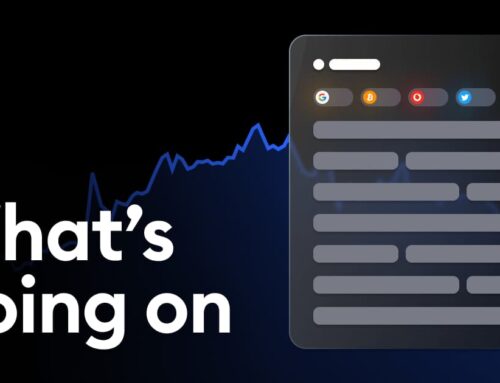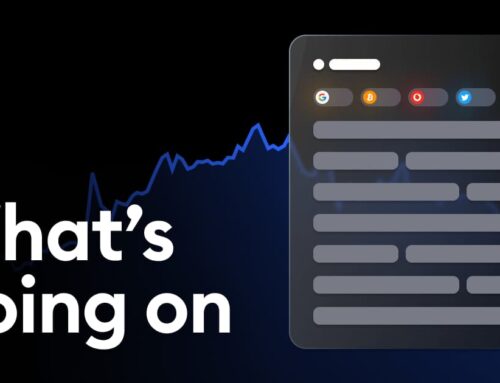Instagram head Adam Mosseri knew 40% of platform’s activity was ‘Fake,’ Meta’s US FTC tria
May 14, 2025
Facebook-parent Meta’s US FTC trial has revealed thatInstagramheadAdam Mosseriknew a significant portion of the platform’s activity was ‘fake.’ According to documents that surfaced during the trial, a Meta executive raised concerns in an October 2018 email exchange with Mosseri. The executive stated that the social-media app had “mis-prioritised and under-funded our integrity efforts” while relentlessly pursuing growth. In a memo, the executive wrote attached to the email to Mosseri, “By some estimates, fake engagement could be in the range of 40%.” The executive, whose name is redacted from court papers, urged Mosseri to commit more resources for Meta’s “well-being” team. The executive also warned that “a loss of public trust is the greatest threat we have” and that “left unchecked, it will be crushing for the company.”The executive called for several “immediate steps” to improve the photo and video sharing app’s integrity. The suggestions included introducing “reCAPTCHA” tools to block bots and requiring phone number verification for accounts. Forcing users to update to the latest version of the app was another proposed measure.Mosseri, who had taken over as head of Instagram just weeks earlier, responded that he agreed that “fake accounts and fake engagement are important problems.” However, he appeared hesitant to commit resources to Meta’s well-being team at the level the executive had proposed.In one of the emails in the mail trail, Mosseri replied to the Meta executive’s email by writing: “I agree fake accounts and fake engagement are important problems. I think one of the issues is they’re not going to naturally rise to the top of the priority list for the Well-being team, even if that team were significantly bigger than it is.”“I do think though, that fake accounts and fake engagement, though they are user problems, they present a bigger threat to the business than to the user experience. And we don’t have a natural way to prioritise and fund business integrity problems,” he continued. In a statement to the New York Post, a Meta spokesperson said the 2018 email exchange lacked proper context and argued that the 40% figure cited by its executive at the time probably overstated the actual level of fake engagement.“Out-of-context and years-old documents about acquisitions that were reviewed by the FTC more than a decade ago will not obscure the realities of the competition we face or overcome the FTC’s weak case,” the Meta spokesperson said.
Search
RECENT PRESS RELEASES
Related Post





